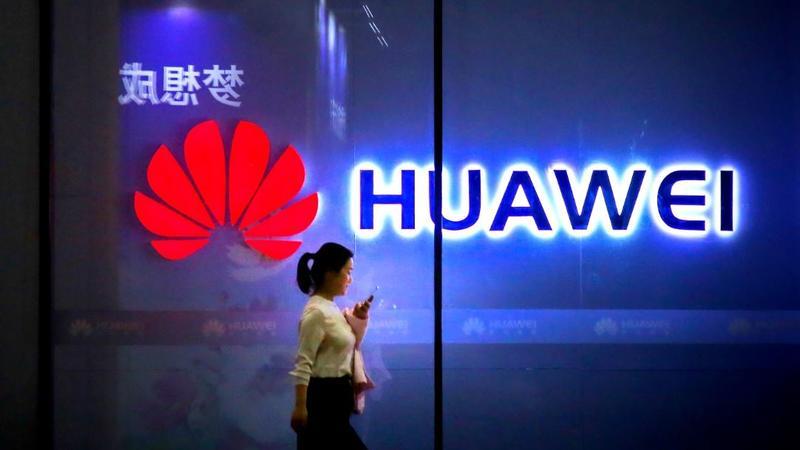
Huawei hands its cloud Linux to China's only open source foundation
Huawei has donated the cut of Linux it created to run on its cloud, and silicon, to China's only open source foundation.
The Chinese giant's OS is called EulerOS and is derived from CentOS. EulerOS runs on x86 silicon but is tuned for top performance on the Arm64 architecture – which is what Huawei uses in the Kunpeng 920 CPUs it designed to power its own servers, cloud, and even the occasional laptop.
Huawei's list of the operating system's features and benefits states it includes KVM virtualization, ext4, the GFS2 cluster file system, systemd, Linux containers, and can manage user identities across Linux, UNIX, and Windows domains to help with your SSO needs.
EulerOS also comes in an edition called OpenEuler that's maintained by a community said to comprise 7,233 contributors, 274,993 users, and 10 vendors that package the OS.
Chinese media report that the Huawei subsidiary responsible for the company's x86 servers has changed its name, which could be an indication it has new owners. Huawei has reportedly been forced to offload its server unit thanks to US sanctions making it impossible to acquire x86 CPUs.

At the OpenEuler summit earlier this week, Huawei handed the OS over to The Open Atom Open Source Foundation – a Chinese analogue for the likes of the Linux or Apache foundations.
Open Atom is "dedicated to the public welfare of the open source industry", and it works on FOSS hardware, silicon, and content. It also assists open source projects to manage their IP, prevent copyright disputes, and helps to find funding for open source efforts.
China likes this sort of thing – a couple of weeks ago its central bank told the nation's financial services industry to use more FOSS whenever possible.
Organisations are clearly taking heed of such calls, because another announcement at the OpenEuler summit was China Telecom creating its own cut of OpenEuler called CTyunOS. China Telecom's cloud is called Tianyi.
News of CTyunOS's debut was welcomed by Wang Zhijun, vice minister at China's Ministry of Industry and Information Technology, who praised it as an example of China's increasing technological self-reliance.
That shift to home-grown tech earned a mention in the communique issued to mark the end of China's Sixth Plenary, a high-level party meeting that sets future policy directions.
"China's economic strength, scientific and technological clout, and composite national strength have reached new heights," the document states, adding that China will "build up our country's strength in science and technology". ®
}})